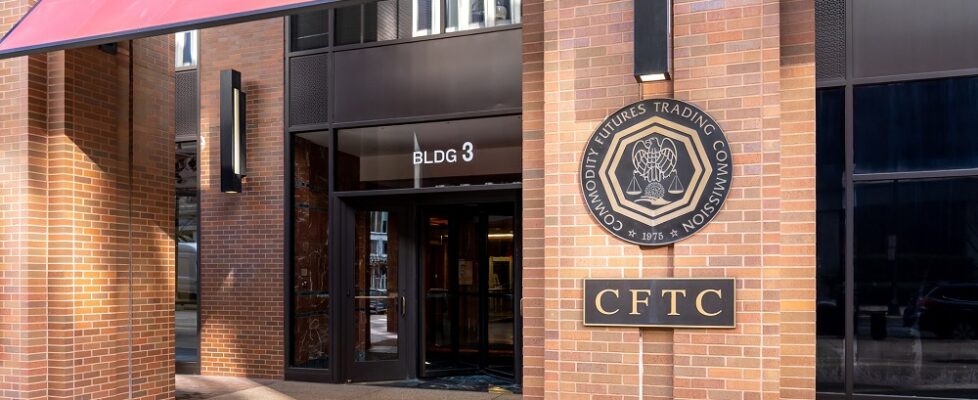CFTC estimates number of Highrise Advantage victims exceeds 1,400
The United States Commodity Futures Trading Commission (CFTC) is facing a complex discovery process in its lawsuit against Forex Ponzi scam Highrise Advantage, as the number of victims and the size of losses is higher than initially estimated.
This becomes clear from documents filed by the regulator in the Florida Middle District Court earlier this week. The documents, seen by FX News Group, show that the CFTC is seeking a one-year delay to the discovery deadline, as it grapples with the investigation of the scam.
Let’s recall that the CFTC filed its action on September 9, 2020, seeking to enjoin a multi-level Forex Ponzi scheme. The Complaint at that time alleged that from at least February 2013 through September 2020, Defendant Avinash Singh, through Highrise Advantage, LLC, in its capacity as a commodity pool operator (CPO), fraudulently solicited and accepted at least $4.75 million from at least 150 participants who were not eligible contract participants (ECPs) for Forex trading under a master pool and feeder fund structure.
Highrise pool participants deposited funds directly into Highrise or indirectly through intermediary feeder pools, which deposited pooled funds in Highrise. Defendants Daniel Cologero, Randy Rosseau, Hemraj Singh and Surujpaul Sahdeo ran the feeder pools, Green Knight Investments, LLC, Bull Run Advantage, LLC, King Royalty LLC, and SR&B Investment Enterprises, respectively, that transferred funds to Highrise and unlawfully solicited, accepted, and fed client funds to Highrise without registration or proper separation of the CPO from the commodity pool.
Since the filing of the original complaint, the Commission has learnt new facts through its investigation. Whereas the original complaint alleged that the defendants solicited and accepted at least $4,750,000 from at least 150 pool participants, the Amended Complaint alleges the defendants solicited and accepted at least $57 million from at least 1,300 pool participants. At present, the CFTC estimates the number of victims exceeds 1,400.
The Amended Complaint also alleges an increased number of bank accounts the Defendants used to perpetuate their scheme.
The CFTC has learned that the number of bank and other accounts the defendants used to perpetuate this fraud are exponentially larger, leading to greater complexity in determining the defendants’ acceptance and use of investor funds.
The Commission says it has limited resources but has assigned a number of people, lead by a seasoned Senior Investigator Joy McCormack, to gather and summarize the voluminous records. This has been a herculean task, complicated by the defendants’ nonexistent record keeping and commingling of pool bank, credit card, and payment processor accounts with personal income and/or spending.
In addition, Avinash Singh, also a defendant in a criminal case, has ceased cooperating with the Commission and his whereabouts are unknown.
To date, the Commission has identified over 340 accounts that have been or need to be reviewed. As accounts are reviewed, new accounts come to light that have to be obtained by subpoena to the financial institution.
Defendants’ use of payment processors, such as Square and Stripe, add to the complexity and time to obtain needed records. Deposits from payment processors often do not indicate the source of the funds, requiring a further round of subpoenas to determine if the deposited funds came from an investor.
The Commission has already issued 134 third party subpoenas since discovery commenced and anticipates needing to issue an unknown additional number of subpoenas before obtaining a complete picture of the Defendants’ cash flow relating to the running of their pools.
Even after the Commission completes the cash flow for each of the ten Defendants, it must engage in a claims process with the victims of the fraud. This process involves contacting each victim and asking them to confirm the restitution number the Commission proposes or providing documentation to show the amount they are owed differs from Commission records.
In CFTC’s experience, this process takes at least a few months, even if there are no major discrepancies between the Commission’s records and the victims’ records.
The CFTC requests an extension of the discovery deadline until January 30, 2023.





June 7, 2022 @ 7:43 am
Thank you so much for bringing this to the light! People need to know about this scam artist. He needs to be locked up!